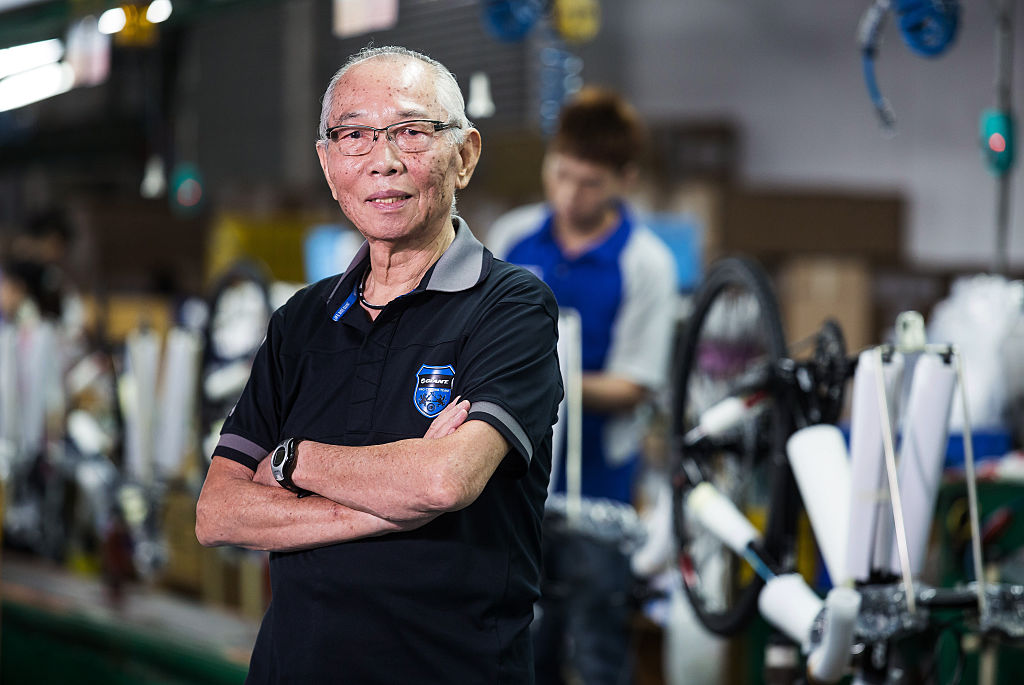Taylor Phinney: Cycling needs saving
Cyclingnews interviews the American, who came close to quitting this year, on putting the spirit back into the sport
The latest race content, interviews, features, reviews and expert buying guides, direct to your inbox!
You are now subscribed
Your newsletter sign-up was successful
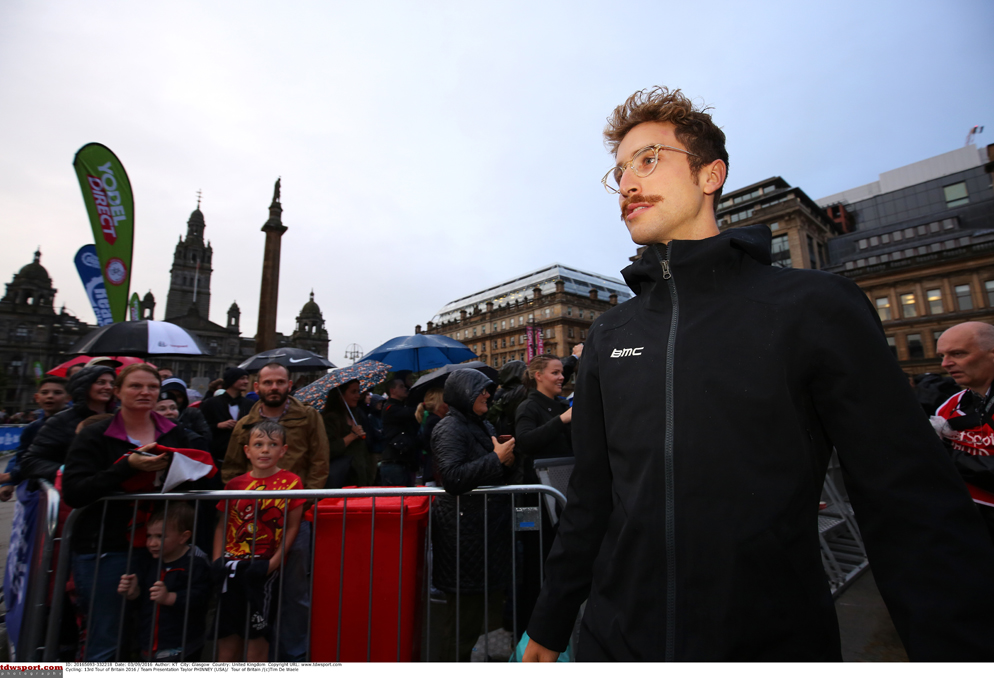
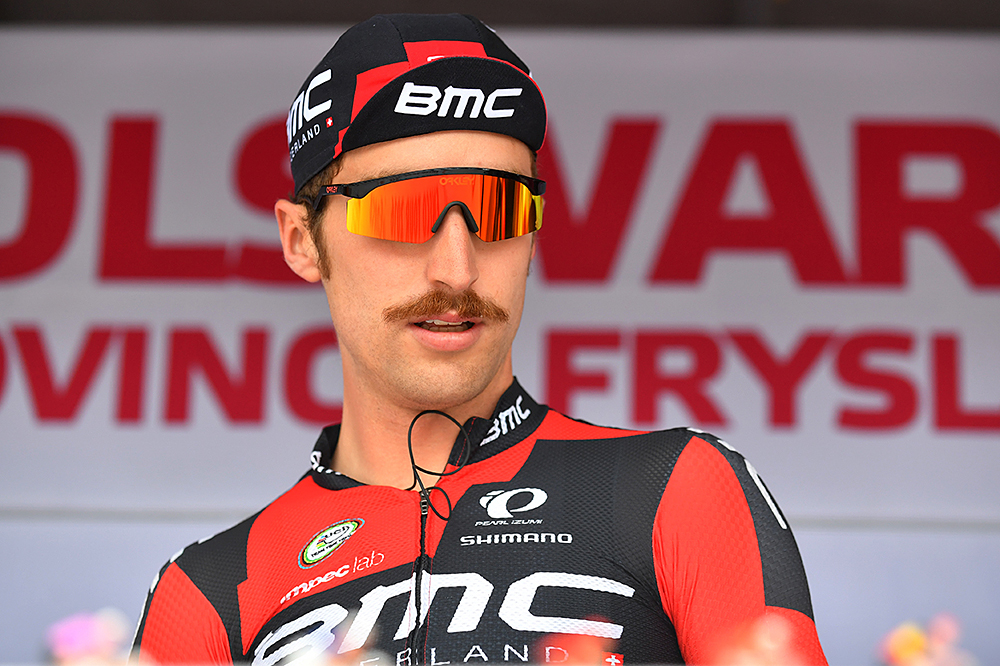
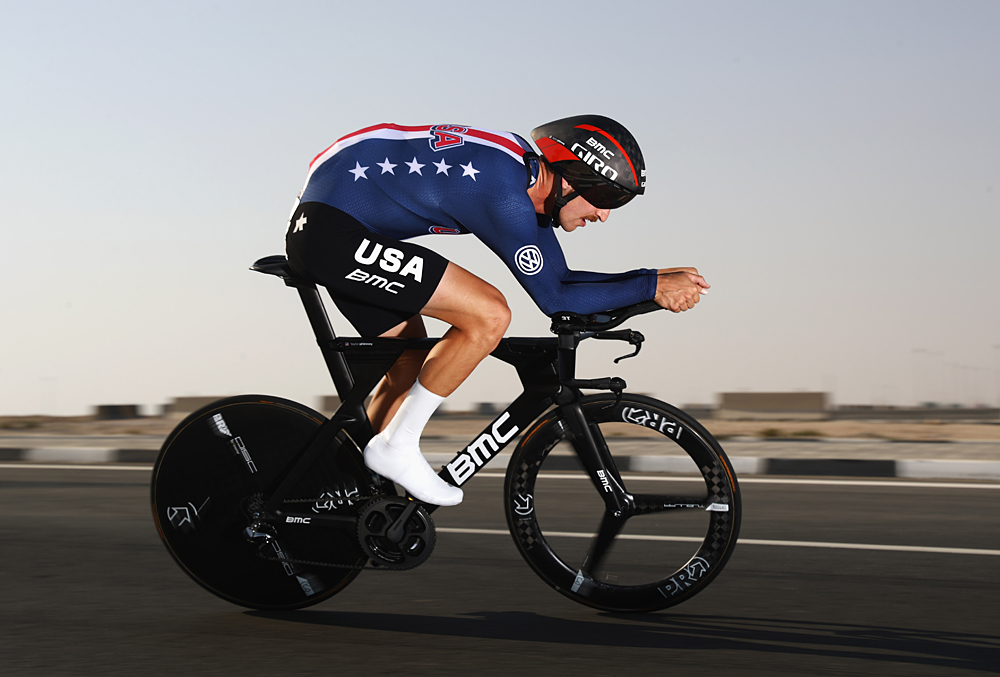
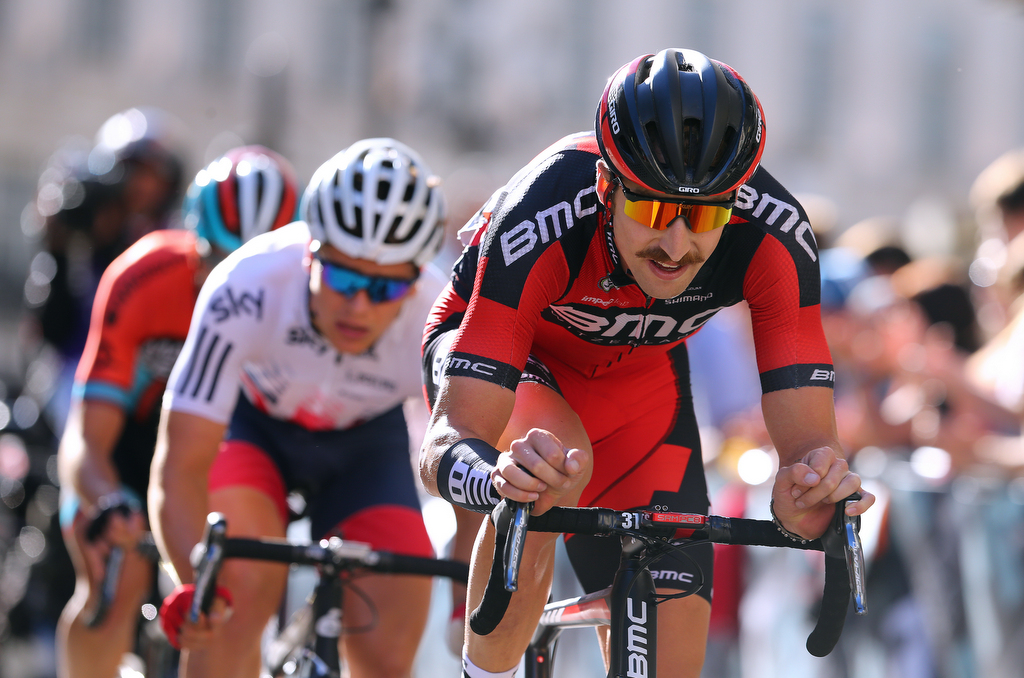
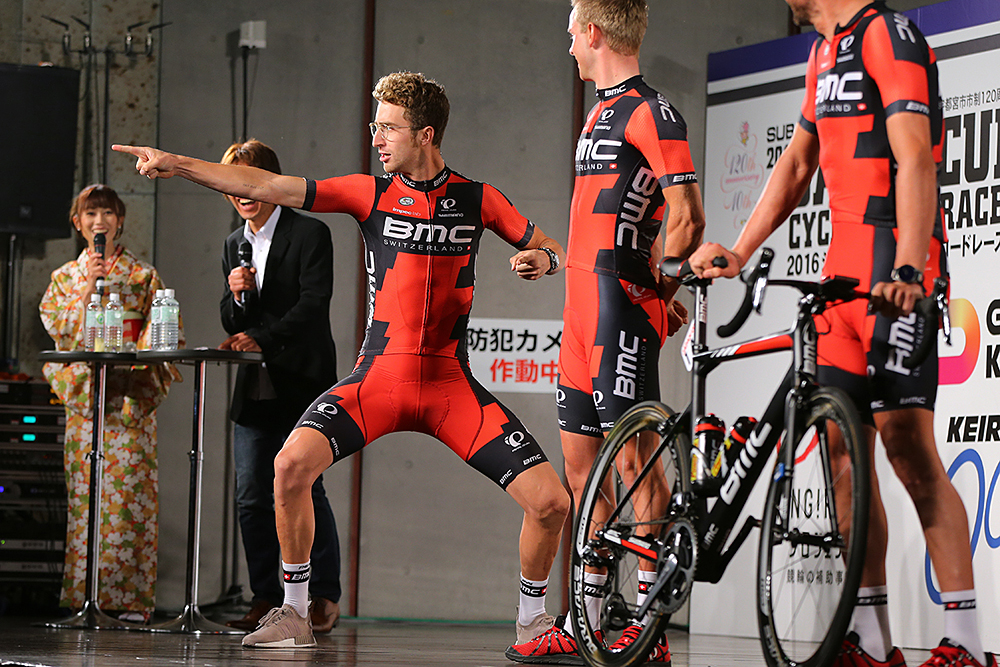
What's the point? It's a question that Taylor Phinney has asked a lot of himself over the past year, and it's a theme that crops up continually as Cyclingnews catches up with the American in Catalunya, where he's settling in to his new surroundings at the Cannondale-Drapac team.
That Phinney still finds himself in the world of professional cycling is something of a surprise, given that he was "pretty certain" he was going to pack it all in this year. "I'd go to bed at night and dream about what I was going to do with my life," he admits.
Phinney, who has shouldered a heavy burden of expectation from an early age, suffered a career-threatening leg break in 2014 and this year completed his first full season since the rehabilitation process. It went well, but his outlook on the world changed during his injury lay-off, and he found it increasingly difficult to find meaning in pro bike racing.
"We're in this place in the sport where it's like 'watts, watts, watts, go up to altitude, boom, boom, boom'. But it's like hold on, why? Tell me why. No one tells you why.
"So many kids get burned out in this sport because you throw them into this pressure cooker of numbers that completely takes people away from the sense of actually riding a bike."
Phinney did a lot of thinking this season and decided to stick with it – "I realized this was the dream…I realized how incredibly lucky I am" – but concedes that if he were just coming into the sport now, he probably wouldn't last very long. "Look at a kid like Campbell Flakemore, he turned pro with BMC, raced half the year, then quit."
Phinney has begun to lay down the foundations and the base miles for the 2017 season with day-long outings on the bike which have helped him reconnect with what he sees as the essence of the sport – "exploration, adventure, betterment of mind and body".
The latest race content, interviews, features, reviews and expert buying guides, direct to your inbox!
They have sharpened his awareness that for cycling to continue to make sense to him, to continue to matter, he must always tie what he does in the professional environs - and structured training plans, intervals, and power analysis all await in the coming weeks - back to those roots.
"Where do you go from this wild, analytical, wattage-based sport that didn't exist 15 years ago?" he asks. "For me it's mindfulness, being present, actually understanding what the fuck you're doing. You have to bring it back to a sensory experience at some point, otherwise we're just going to be like robots.
"If you keep on with this trend, it's like a human that doesn't think, doesn't process anything, like a hamster on a wheel, you just set him and he goes, like a video game. But cycling is the most beautifully sensory experience you can have as a human. Like, you're flying, you're levitating, riding on two wheels magically balancing, going up and down mountains, you can ride for like 12 hours and still keep going. That's the heart and soul of cycling - not the numbers. It has to keep coming back to that.
"I also think that's what's going to save the sport at some point, because the sport needs saving."
Concepts
For Phinney to continue in professional cycling, he knew he had to change teams.
As a teenager he started out with Jonathan Vaughters' development squad and, after a couple of years with the Trek-Livestrong U23 set-up he turned pro with BMC in 2011 and stayed for six seasons.
"BMC is the best cycling team you could ever imagine being on if all you wanted to do was win bike races and that's it, but the intention is lacking, the spirit is lacking," he says, claiming to have already rediscovered that through the reunion with Vaughters at Cannondale-Drapac.
"It's easy to get trapped in the loop of each season and off-season, but if it's all planned out and the loop is set up for you what's the point? What's the point in any of it? There has to be that sense of new and sense of change. I've really been focusing on the concept of resetting my brain and my body."
Concepts are a constant theme for Phinney - the prisms through which he makes sense of what he's doing. Discussing his objectives for the 2017 season, he doesn't point to a particular race or result, but rather to a range of concepts.
Getting 'out of body' is one.
"In a great time trial there’s an experience where it’s like you’re riding outside of yourself," he explains, referring to his ride at the Valkenberg Worlds in 2012 where he was "just completely gone, in the moment, blissed out in pain, in speed."
That state can't be attained if Phinney's brain is having to compute numbers and data, and he must be an anomaly in the world of time trialling in that he actually covers up his power meter.
"I want to understand that space a little bit more next season," he adds. "It's what I live for as an athlete."
Another concept is being 'intentional', and revolves around rediscovering the motivation, the hunger, to succeed.
When he broke his leg it was easy, he explains. There was a fixed goal to put every ounce of his energy into, and that was simply healing his leg. Once he started racing again, however, he "felt the intention behind what I was doing was not as strong as the intention to just bring my body back to being mobile".
"I'm realizing through this re-set that I can channel my intention wherever I want it to go," he adds.
Maillot jaune and the spring Classics
In terms of non-conceptual goals, there is one that stands out: "I want to do the fucking Tour de France."
Phinney hasn't done a Grand Tour since 2013 and has never done the Tour, but there's more at stake than simply returning to that fold; there's a yellow jersey at stake, with the race opening in Dusseldorf with a time trial.
"I have to beat Rohan [Dennis], but I think I can," he says. "I know that I can do anything, so just having that knowledge, I need to take it and translate it into winning that race. I'd love to do that."
Encouraging performances at the Eneco Tour and Tour of Britain this year have provided indication that Phinney is on his way back to his best in the discipline, but just as important as that one day in July is that entire month in the spring.
Phinney had been tipped for Classics glory from a young age, but the injury obviously hampered his progress, and he's keen to have an impact on the races that resonate most with his spirit of adventure.
"The Classics are like the most ridiculous adventures you could ever go on," he says. "Paris Roubaix, dude, ridiculous. It's wild.
"I haven't really been a player in any of the major Classics yet. I think finishing both Flanders and Roubaix this year was a huge milestone. Once it got to like five or six hours my left leg used to just shut down, so just being able to do those races and finish in the top 50 I thought was pretty amazing, considering I couldn't walk two years ago."
One of the beautiful intricacies of sport is that we can never know what Phinney might have achieved were it not for his injury, and we cannot know how the level of success he goes on to enjoy would stack up against those hypothetical achievements.
Phinney returns to his concepts and talks of the importance of 'organic growth' in making a success of this next chapter of his career - in simply making it sustainable.
"I'm allowing the expectations to come back naturally and grow on their own," he says. "I spent my whole career having expectations that were like to the fucking moon - because what else was I going to have, with everyone telling me I was going be like Lance Armstrong.
"So now I'm developing my own path, and my own vision."
Patrick is a freelance sports writer and editor. He’s an NCTJ-accredited journalist with a bachelor’s degree in modern languages (French and Spanish). Patrick worked full-time at Cyclingnews for eight years between 2015 and 2023, latterly as Deputy Editor.

